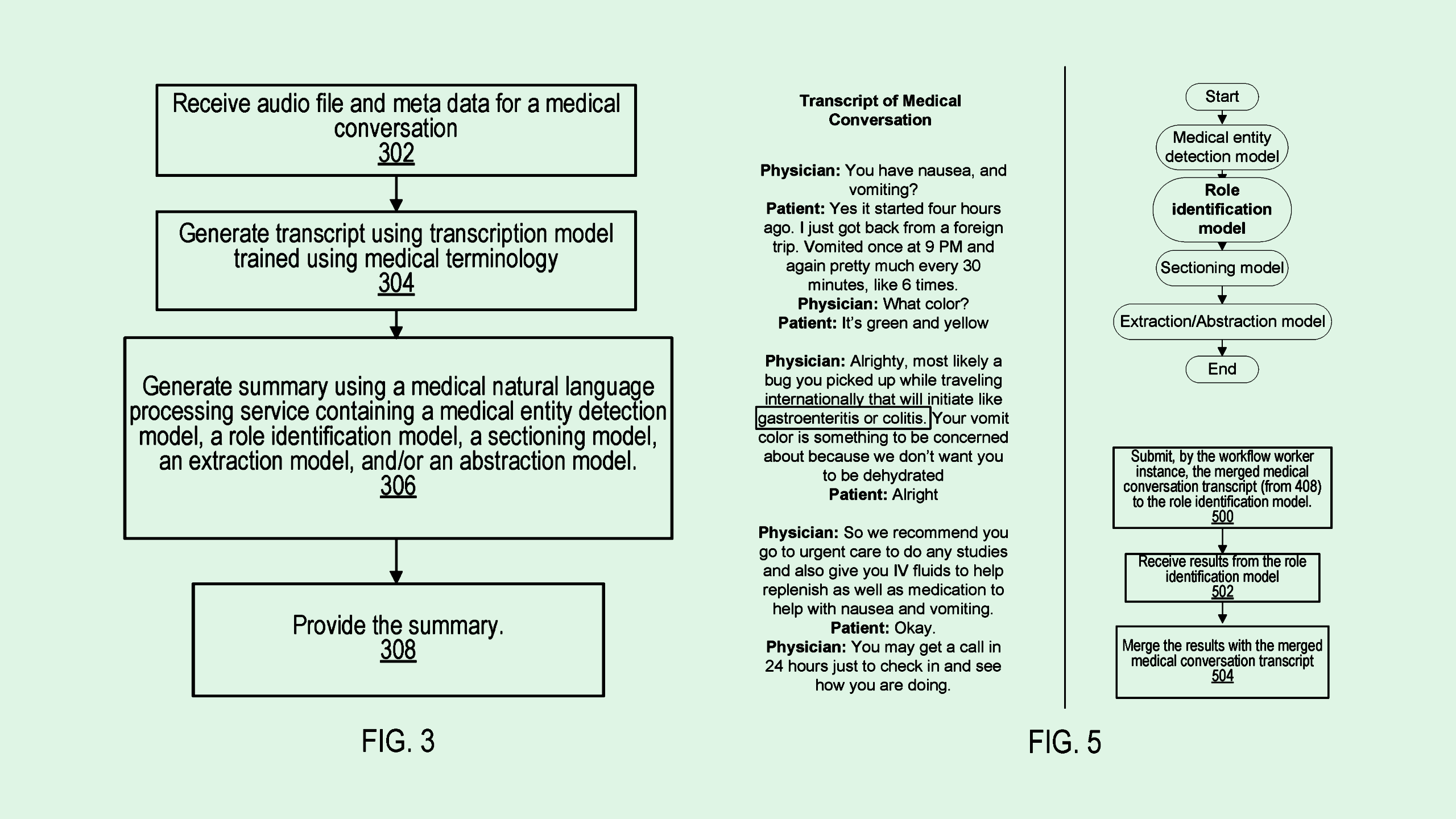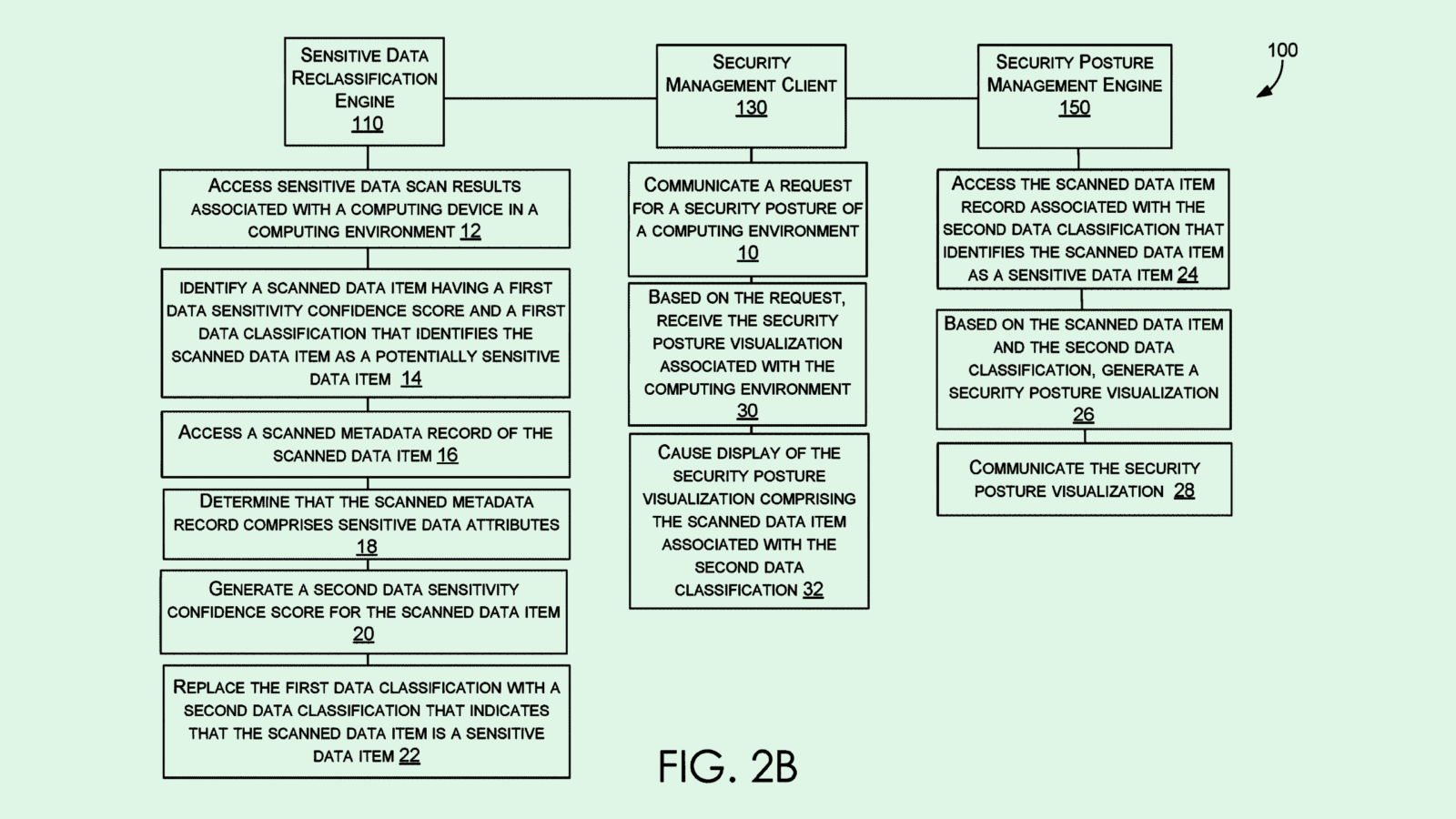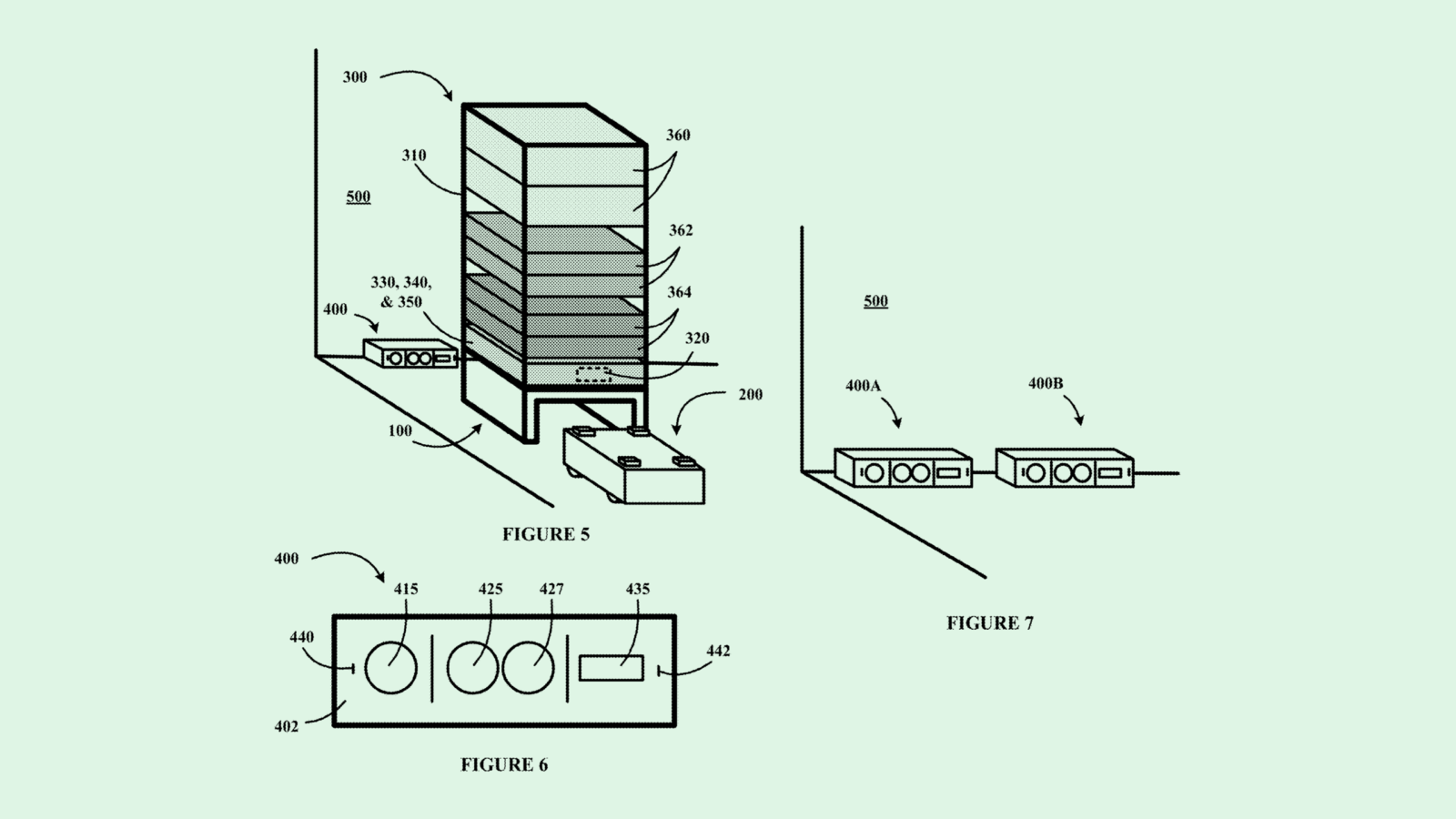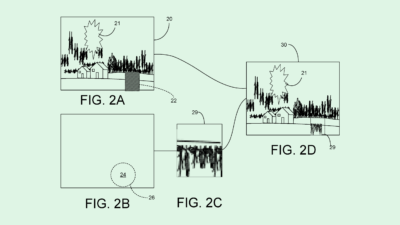Amazon Patent Brings AI Into Its Healthcare Bet
Amazon’s patent to help doctors take better notes highlights the company’s massive bet on the healthcare space.

Sign up to uncover the latest in emerging technology.
Amazon wants to make your doctor’s life a little easier.
The company filed a patent application for what it calls “medical conversational intelligence.” Amazon’s tech uses machine learning to provide accurate summaries of medical visits in real time.
“The burden of documenting clinical visits is one of the largest sources of inefficiency in healthcare,” Amazon said in the filing. “Current machine learning models are not well suited to the nuanced tasks of generating summaries of medical conversations.”
To start, Amazon’s system listens in on a visit between a patient and provider to gather audio data as well as relevant metadata, such as time, date, and patient information. Then, Amazon’s model, trained specifically to understand medical terms, creates a highly accurate transcript of the conversation.
That transcript is given to a “natural language processing service” to be summarized. This service includes several AI models that each serve different purposes: one identifies important medical terms, such as drugs or conditions brought up; another determines the speaker roles; a third picks out relevant sections or phrases; and a fourth paraphrases those relevant sections.
Notably, Amazon said this tech “may provide a HIPAA-eligible conversational intelligence,” overcoming a major issue that medical AI tools face in the US, though it didn’t explicitly explain how — or even what, exactly, that means.
Though this patent itself isn’t particularly novel, it makes sense why Amazon may want to claim possession over its version of this tech. For the last several years, the company has been “pounding on healthcare from every angle,” said Bob Rogers, Ph.D., the co-founder of BeeKeeperAI and CEO of Oii.ai.
The biggest example of this is Amazon’s acquisition of One Medical, a $3.9 billion buyout that closed last February. The company bought online pharmacy PillPack in 2018 for just under $1 billion, launched its own online pharmacy in November 2020, and has partnerships with a number of hospitals and healthcare systems.
There are a couple of reasons Amazon may be so insistent on staking its claim in the healthcare market, said Rogers. For one, the healthcare industry represents around 17.6% of US GDP, and could reach nearly 20% in the next decade. “That is such a big number that Amazon cannot ignore it,” said Rogers.
But the company’s AI prowess could allow it to build powerful models that revolutionize patient care, said Rogers. AI could make it possible for patient care to be “outcome-driven,” he said, predicting and quantifying the best possible results to plan patient care and treatments.
“If they have access to enough data — real data on patient care histories and the interactions — they could actually build very compelling models of diagnostic and treatment flows for patients,” Rogers said.
However, with great power comes great responsibility… and regulation. HIPAA makes it incredibly difficult for any innovation to happen with patient healthcare data. And given that large language models have a bit of a problem with “absorbing private data and then coughing it up again, you have to really control how you deploy these things,” said Rogers.











